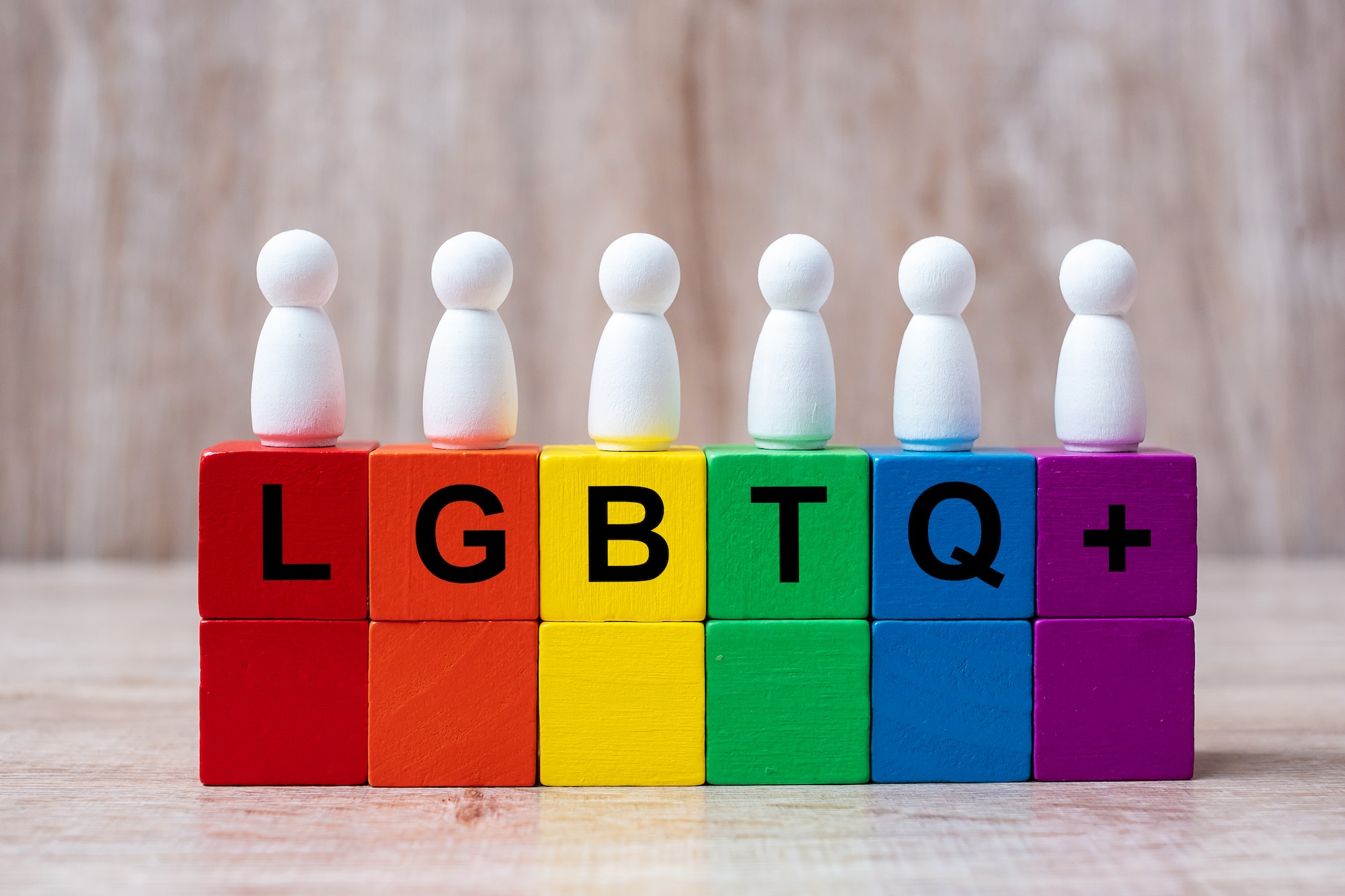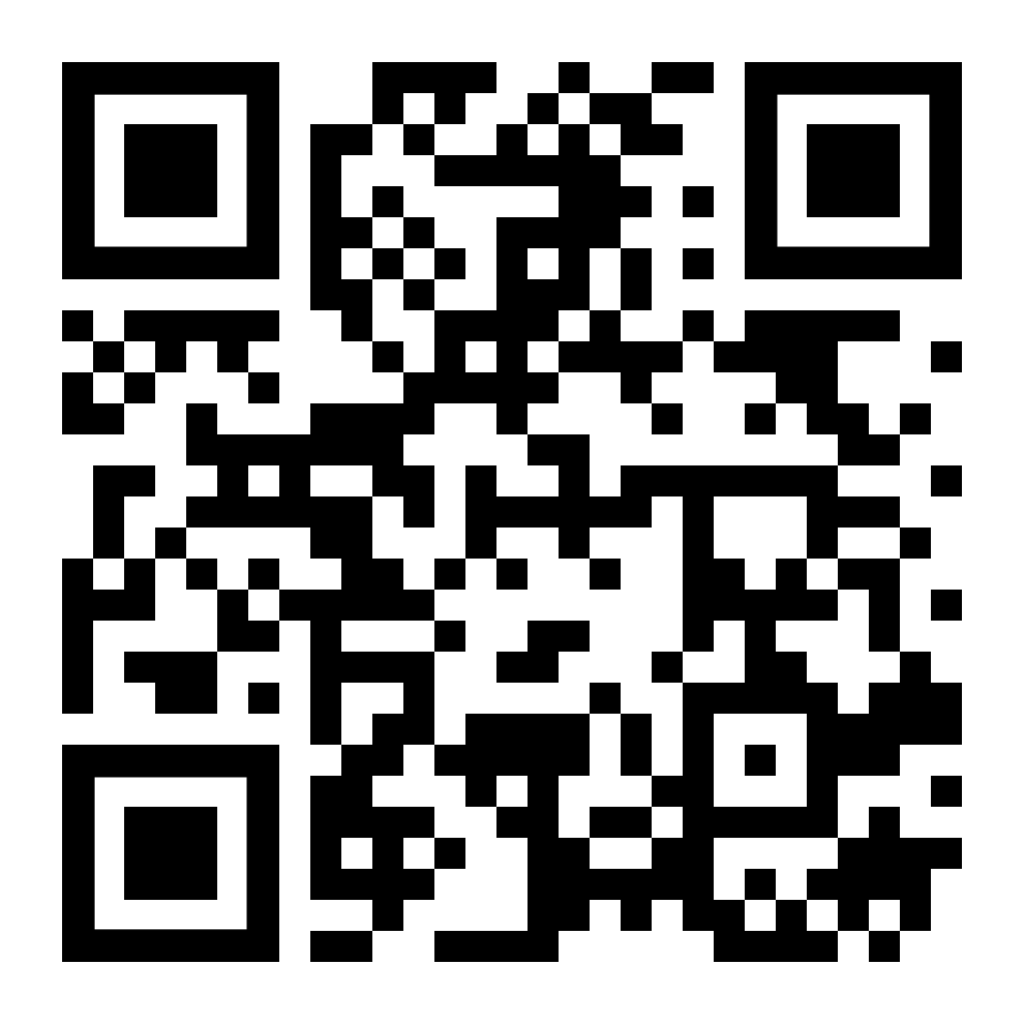Take Back Your Health
True transformation goes beyond treating symptoms & empowering your mind and body to truly heal.

Transformative Chiropractic
Transformative Chiropractic (TC) seeks to restore your body’s natural state of health by realigning and rebalancing your body using our specialized methods. The body is an interconnected web of multiple systems that work together, rather than separate parts. Our well rounded approach of therapeutic modalities allows us to custom fit a treatment plan based on the patient’s unique needs, respecting the fact that each of us require individualized care rather than a generalized approach.

Visceral Manipulation

Functional Medicine
Learn More About Our Unique Approach
Here is What to Expect
Structural Exam
A comprehensive structural exam can reveal underlying conditions that may be causing symptoms.
Correct Structural
Adjustments address structural shifts in your whole body, resulting in lasting effects rather than temporary pain relief
Care Specific To You
Our approach is personalized because no two people or bodies are the same. We tailor your treatment to what your body is experiencing that day.
Never Feel Rushed
We provide compassionate and attentive care.
Care for Everyone
We offer a welcoming, affirming, safe space for all folks. All ages, genders/gender expressions, and body types are respected and honored.

Get in Touch
Leave Us a Review





